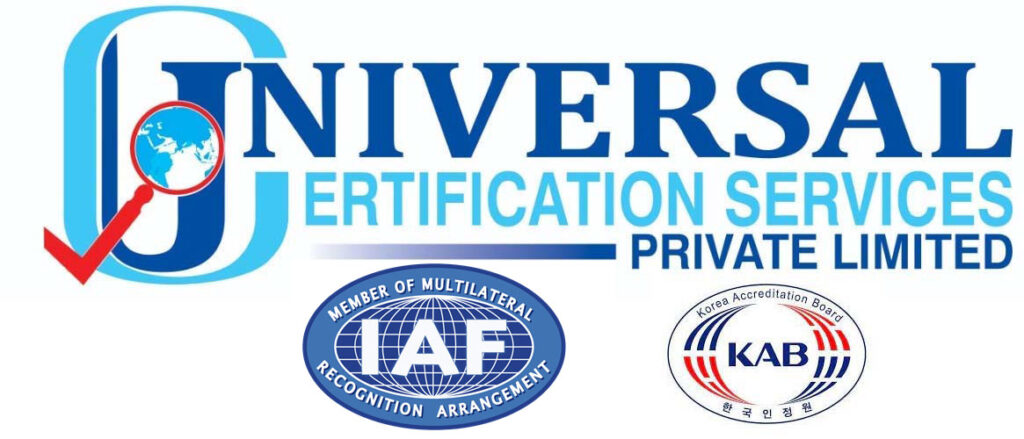ISO stands for the International Organization for Standardization, an independent, non-governmental
organization that develops and publishes international standards to ensure that products, services, and
systems are safe, reliable, and efficient. Founded in 1947, ISO comprises a network of 165 national standards
bodies and works to promote international harmonization of standards. ISO standards are voluntary but
widely adopted, playing a crucial role in international trade and consumer protection. Covering a diverse
range of topics, ISO standards serve as valuable tools for businesses to enhance quality, efficiency,
competitiveness, and compliance
WHY IS ISO IMPORTANT:
Achieving ISO certification is akin to adding a strategic layer of excellence to your organization’s foundation. It’s
not just a decorative garnish; it’s a potent blend of enhanced efficiency, competitive edge, and market access.
Just as a dash of salt elevates the flavor profile of a dish, ISO certification refines your operations, minimizing risks
and optimizing performance. And just as Parmesan cheese adds a touch of sophistication, attaining ISO
certification attracts top talent and fosters a culture of quality.
Ultimately, ISO certification is not merely a temporary garnish; it’s the secret ingredient to long-term success. It
empowers your organization to savor the fruits of its labor, ensuring sustainable growth and a competitive advantage
for years to come.
- Enhanced Efficiency and Service Delivery:
Establishes a systematic approach to quality management, ensuring consistency and reliability in
government services.
Streamlines processes, reduces errors, and optimizes resource allocation, leading to cost savings
and improved service delivery times.
Fosters a culture of continuous improvement, driving innovation and problem-solving within
government agencies. - Increased Transparency and Accountability:
Demonstrates a commitment to international standards of quality and transparency, fostering
greater public trust in government operations.
Provides clear documentation of processes and procedures, making it easier to track
performance, identify areas for improvement, and ensure accountability.
Facilitates effective communication and collaboration both within and between government
agencies. - Improved Regulatory Compliance and Risk Management:
Helps government agencies meet regulatory requirements, reducing the risk of legal and financial
penalties.
Proactively identifies and mitigates potential risks, enhancing safety and security in the workplace
and for the public.
Contributes to better environmental management and sustainability practices, aligning with
government initiatives and social responsibility goals. - Enhanced Employee Engagement and Satisfaction:
Provides a structured framework for employee training and development, leading to increased
competence and job satisfaction.
Empowers employees to contribute to process improvement and problem-solving, fostering a
sense of ownership and pride in their work.
Improves morale and retention rates, contributing to a more productive and engaged workforce. - Increased Public Confidence and Stakeholder Satisfaction:
Signals a commitment to quality and excellence, enhancing public confidence in government
services.
Strengthens relationships with stakeholders, including citizens, businesses, and othergovernment agencies.
Attracts and retains partners and investors, supporting economic growth and development - Competitive Advantage in Bidding and Tendering:
Often a prerequisite for participation in government contracts and tenders, giving certified agencies acompetitive edge.
Demonstrates a commitment to quality and best practices, distinguishing agencies from non-certifiedcompetitors. - Facilitates Knowledge Sharing and Best Practices:
Provides a platform for sharing knowledge and best practices within the government sector, promotingcollaboration and innovation.
Enables agencies to learn from each other’s experiences and adopt successful strategies.
In conclusion, ISO certification offers a wide range of tangible and intangible benefits for governmentagencies, leading to improved efficiency, transparency, accountability, risk management, stakeholdersatisfaction, and overall organizational excellence

